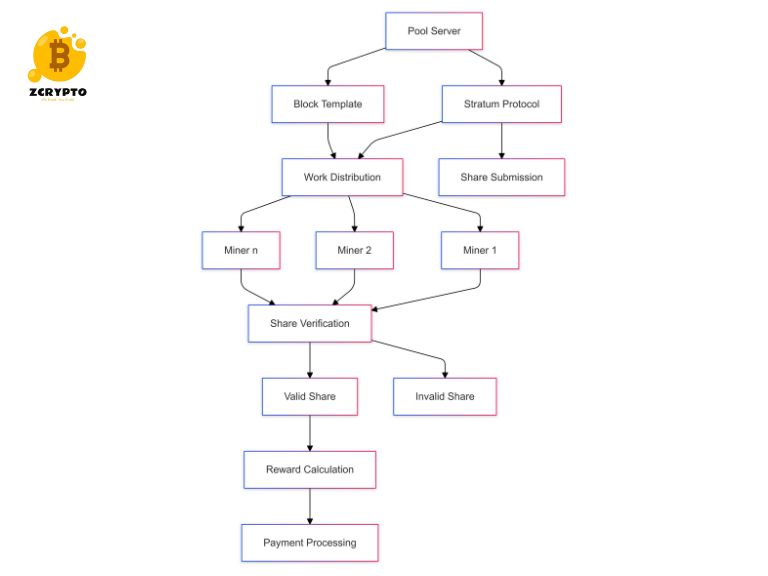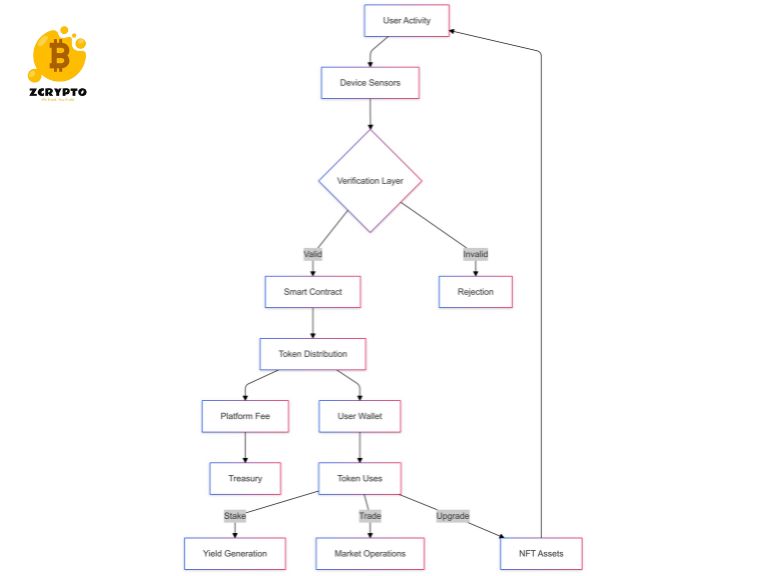What is Accrual Accounting?
Accrual accounting is an accounting method that recognizes revenue and expenses when they are earned or incurred, rather than when cash changes hands. This contrasts with cash accounting, where transactions are recorded only when cash is received or paid. For example, if a consulting firm provides services in December but doesn’t invoice the client until January, under accrual accounting, the revenue would be recorded in December because that’s when it was earned.
The two core principles of accrual accounting are crucial for its implementation:
- How to Set Up a Backdoor Roth IRA: A Step-by-Step Guide for High-Income Earners
- Dogecoin Faces 14% Drop: Key Levels for Future Recovery
- How Bank Stress Tests Ensure Financial Stability: A Comprehensive Guide
- Business Development Company (BDC): Definition, Investment Guide, and Benefits
- Mastering Arbitrage: How to Exploit Price Discrepancies for Risk-Free Profits in Financial Markets
Matching Principle
The matching principle requires that expenses be reported in the same accounting period as the related revenue. This ensures that the financial statements accurately reflect the true profitability of a business during a specific period.
Revenue Recognition Principle
The revenue recognition principle states that revenue should be recognized when it is earned, regardless of when the cash is received. This principle aligns with the matching principle to provide a clear picture of a company’s financial performance.
Bạn đang xem: Understanding Accruals: How to Accurately Record Expenses and Revenues in Your Financial Statements
Recording Accrued Revenue
Accrued revenue occurs when a company provides goods or services but has not yet received payment. For instance, if a consulting firm delivers its services in December but invoices the client in January, it needs to record this as accrued revenue.
Here’s how it works:
– The consulting firm would debit Accounts Receivable and credit Revenue in December.
– When the payment is received in January, they would debit Cash and credit Accounts Receivable.
This process ensures that the revenue is recognized in the period it was earned.
Recording Accrued Expenses
Accrued expenses are those that have been incurred but not yet paid for. An example could be utilities used by a business during December but billed in January.
Here’s how it works:
– The business would debit the appropriate Expense Account (e.g., Utilities Expense) and credit Accrued Expense Liability in December.
– When the bill is paid in January, they would debit Accrued Expense Liability and credit Cash.
This ensures that expenses are matched with the revenues they help generate.
Examples and Scenarios
Accrued Revenue Example
Xem thêm : What is MVB Most Valuable Builder? A Comprehensive Guide to Binance’s Blockchain Innovation Program
Consider an electricity company that provides services throughout December but sends out invoices to customers at the beginning of January. The electricity company must record this as accrued revenue in December because that’s when the service was provided. This involves debiting Accounts Receivable and crediting Revenue for the amount due from customers.
Accrued Expense Example
A lab equipment supplier delivers equipment to a research facility in December but doesn’t send an invoice until January. The research facility needs to record this as an accrued expense because they have received the benefit (the equipment) even though they haven’t yet paid for it. This involves debiting Lab Equipment Expense and crediting Accrued Expense Liability.
Benefits of Accrual Accounting
Accrual accounting provides several benefits that make it invaluable for businesses:
– Accurate Financial Picture: It offers a more accurate reflection of a company’s financial health by matching revenues with related expenses.
– Better Financial Analysis: Accrual accounting helps in analyzing financial performance over different periods, aiding in resource allocation and future investment decisions.
– Compliance: For publicly traded companies or those following Generally Accepted Accounting Principles (GAAP), accrual accounting is mandatory.
Challenges and Considerations
While accrual accounting offers many advantages, there are also some challenges:
– Complexity: Implementing accrual accounting can be complex and may require additional resources.
– Costs: Smaller businesses might find it more costly to implement compared to cash accounting.
– Simplicity Preference: Some smaller businesses prefer cash accounting due to its simplicity.
Compliance and Requirements
Accrual accounting is not just beneficial; it’s also required under certain circumstances:
– GAAP Compliance: Publicly traded companies must follow GAAP guidelines, which mandate accrual accounting.
– Revenue Threshold: Companies with average annual gross receipts exceeding $25 million over three years are required to use accrual accounting.
Nguồn: https://poissondistribution.lat
Danh mục: Blog





